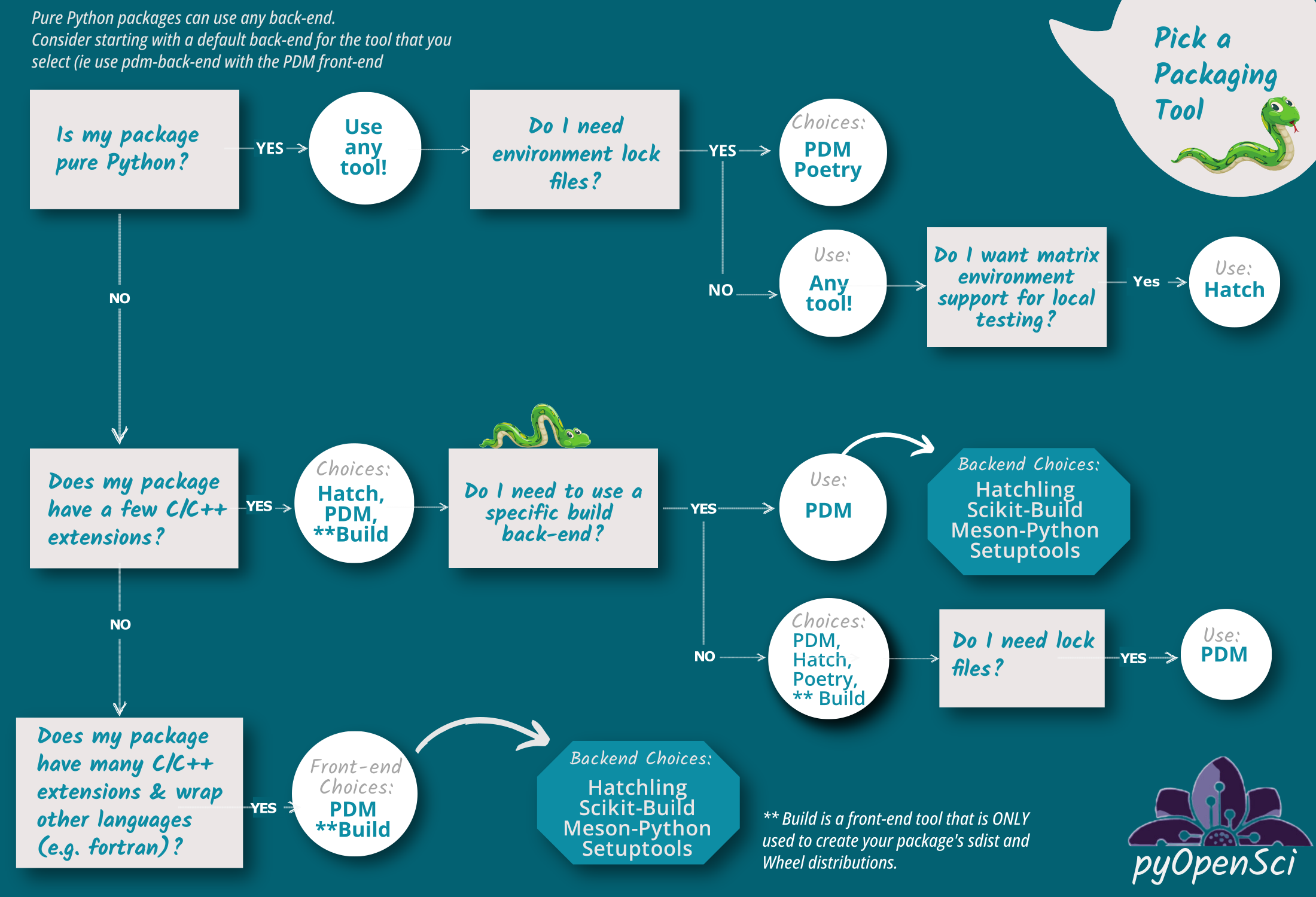Python packaging has always been a goddamn nightmare. You've got pip (slow as hell), Poetry (bloated), pipenv (broken half the time), and a dozen other tools that don't play nice together. uv fixes this by throwing out all the Python and rewriting everything in Rust.
Created by the same team behind Ruff (the Python linter that doesn't take 30 seconds to run), uv basically replaces your entire Python toolchain with one binary that actually works.
Why It's Actually Fast
JupyterLab install went from like 20+ seconds with pip to a few seconds with uv. That's not marketing bullshit - it's because:
Parallel Everything: While pip downloads one package at a time like it's 2005, uv downloads and installs everything in parallel. Your CPU has multiple cores - use them already.
Smart Caching: uv keeps a global cache so when you install NumPy for the 47th time this month, it's instant. No more re-downloading the same 50MB wheels over and over.
Dependency Resolution That Works: Ever had pip spend 20 minutes "resolving dependencies" only to fail? uv's resolver actually understands how to backtrack without trying every possible combination.
The One Tool Approach
Instead of juggling pip, Poetry, pyenv, pipx, and whatever else, uv handles:
- Package Management:
uv pip installworks exactly like pip, but faster - Project Management:
uv initanduv addreplace Poetry's workflow - Python Installation:
uv python install 3.11downloads and manages Python versions - Tool Running:
uvx blackruns tools without polluting your environment - Script Dependencies: Inline metadata in Python files (finally!)
- Publishing:
uv publishuploads to PyPI
Comparison of Python package manager adoption: uv has seen rapid growth since its 2024 release, competing with established tools like Poetry, Hatch, and PDM in the modern Python ecosystem.
Look, I've been using this for 6 months and can't go back to the old toolchain. The speed difference alone is worth it, but having everything actually work together is huge.
The main gotcha? It's new as hell (2024), so you'll hit weird shit occasionally where pip behavior differs slightly. But honestly, the core functionality is solid and the time savings are massive.
Here's where to dive deeper:
- Official uv documentation - comprehensive setup and usage guide
- uv GitHub repository - source code, issues, and development activity
- Astral's blog post introducing uv - background and philosophy behind the tool
- uv vs pip compatibility guide - differences and migration tips
- Python package manager comparison - detailed comparison with Poetry, Hatch, PDM, and Rye
- Real Python's uv guide - comprehensive tutorial and best practices
- Lincoln Loop's package manager benchmark - performance comparisons
- uv PyPI package - installation and release information
- uv GitHub issues - bug reports, feature requests, and community help
- Package installation guides - Python version management with uv
